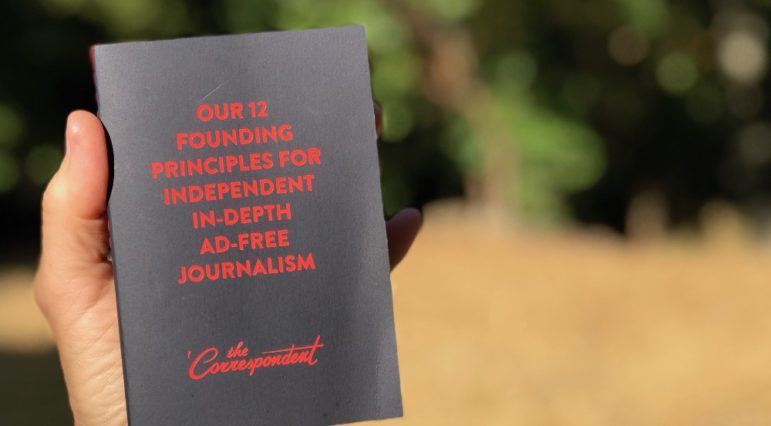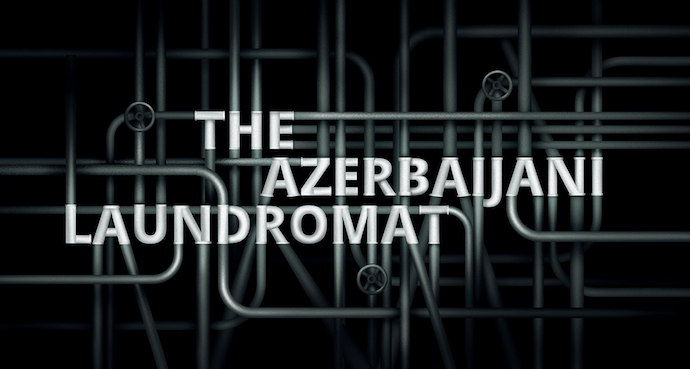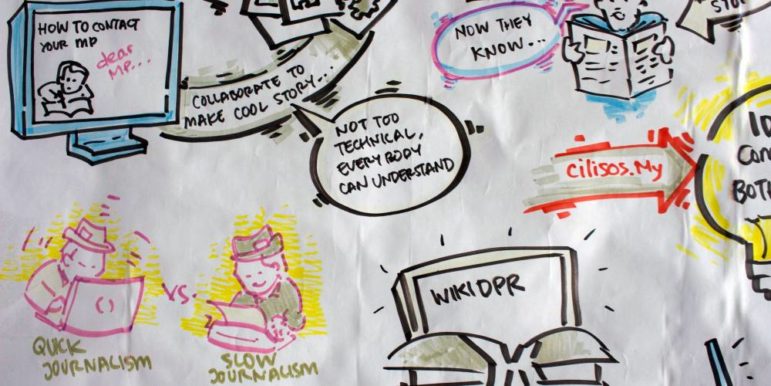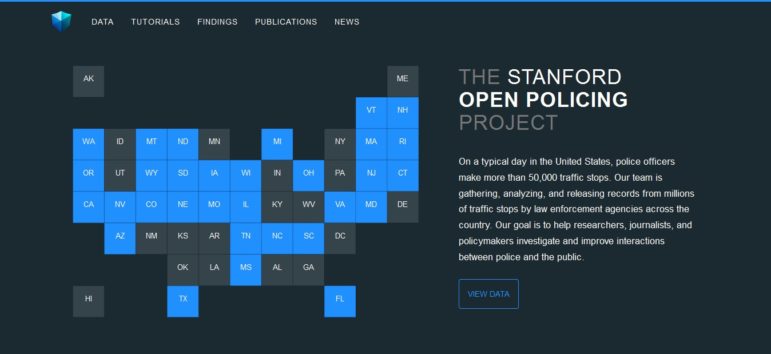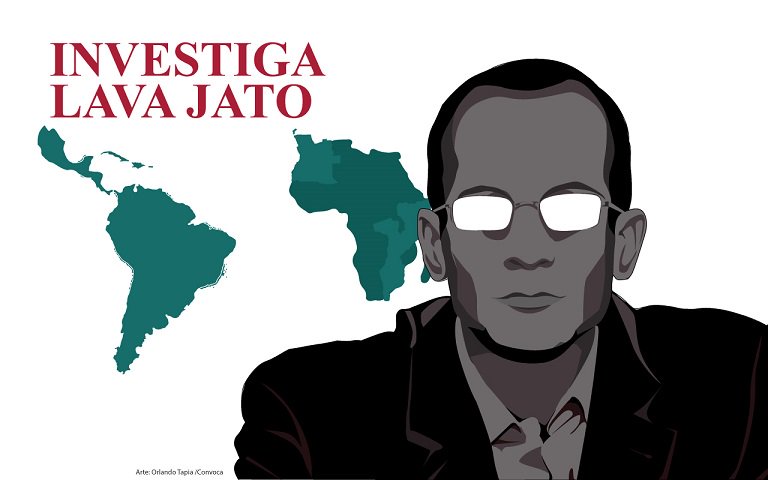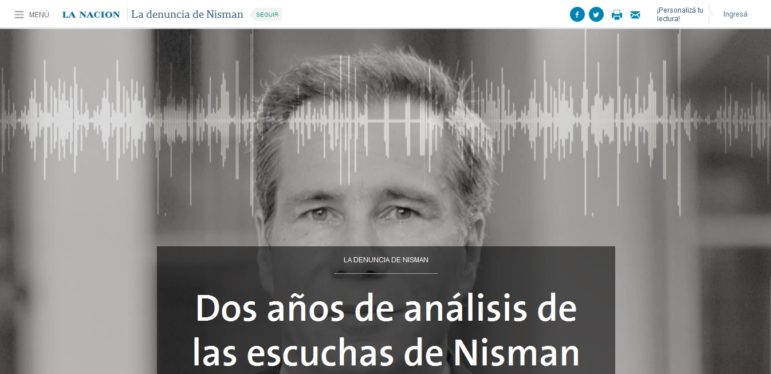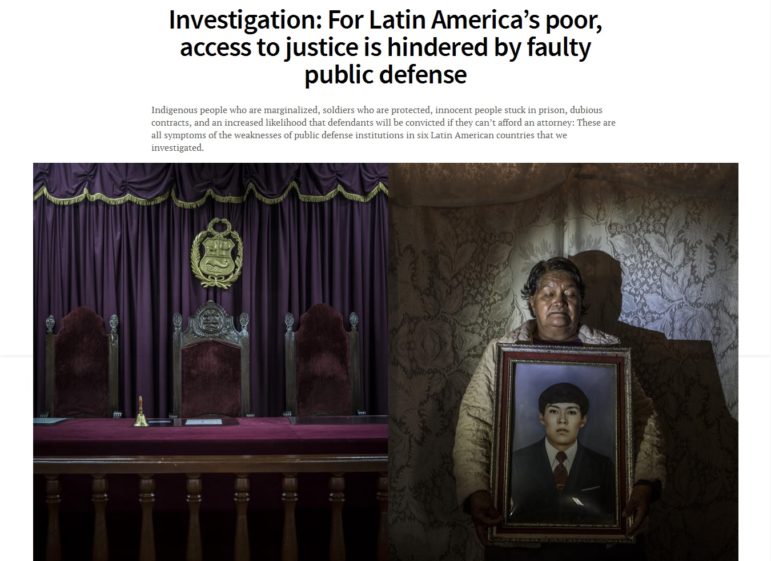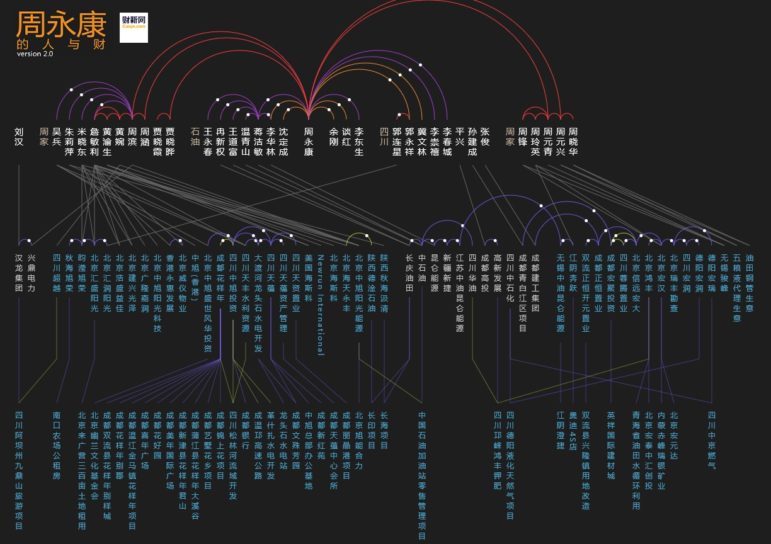
Data Journalism
Bringing Data Journalism to China
Zhimin Huang is widely cited as one of the first people to do data journalism in China. He spoke with Storybench about the state of data journalism in China and his perspective on data accessibility in the country.

